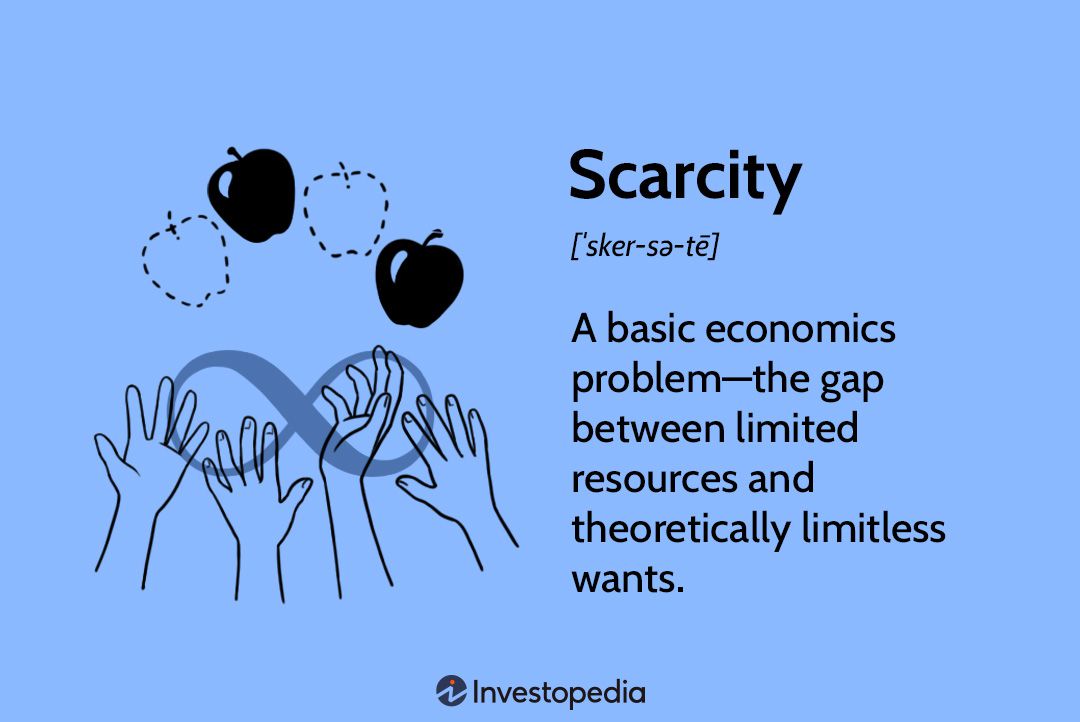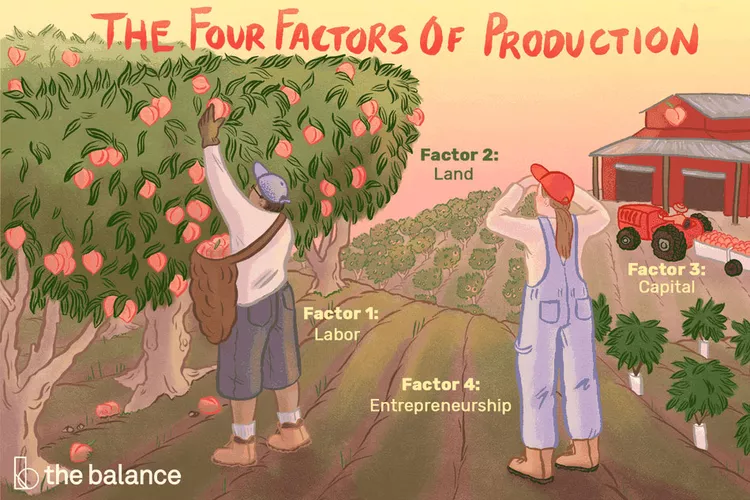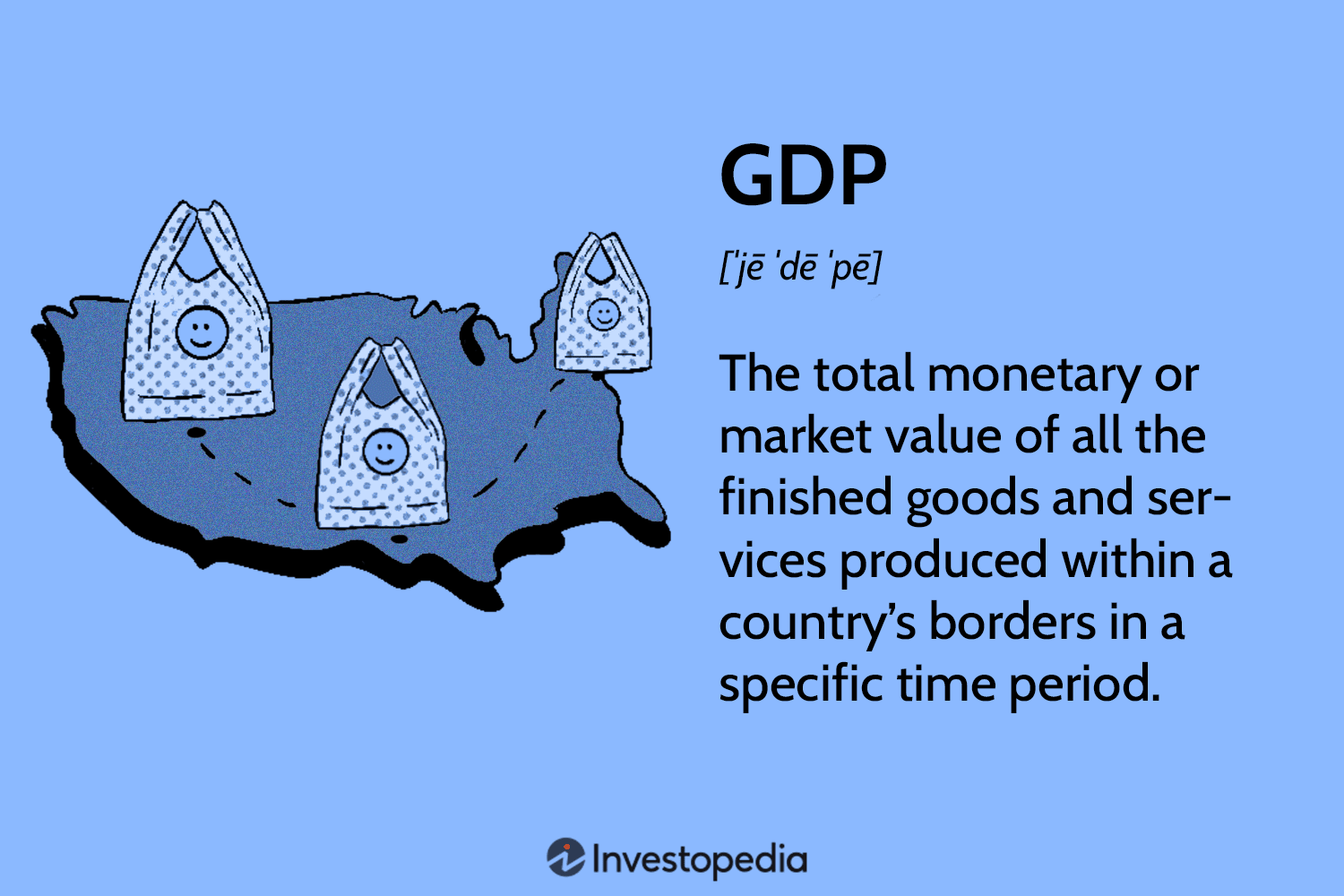Our current economic model has long been taken as a cornerstone of modern society, underpinning policy decisions and shaping our understanding of the world. However, I believe that our current economic model and the subject has significant flaws.
Just like today we are seeing the growth of a social science and the current debate concerning “what is a woman”, that doesn’t stand up to logic. I believe the same thing has happened to the field of economics. It has not been tested logically. We have some general models that kind of work, but as a complete system it’s got significant flaws.
Why?
- The economic thinkers are separate from the economic actors. The majority of the economic thinkers are thinkers and not doers. There is no way for them to test their assumptions in the market because it takes so much time and very few people have that kind of control. This is quite unlike other fields like engineering, chemistry, history, or law where we absolutely need to have correct models, and there is a way to immediately test it by doing experiments – there isn’t such a disconnect between those who teach and the real world.
- I think anyone who knows anything new about economics is more incentivised to work in the field of finance, investment, or business and put their energy into profiting off of it, rather than trying to risk arguing against the established authorities and thinking.
In this article, we will explore three key reasons why our economic model is false: the limited resources assumption, the outdated factors of production, and the overemphasis on GDP.

-
The Definition of Economics – Limited Resources in the Face of Unlimited Needs and Wants
Traditional economics is defined as “the allocation of scarce resources to satisfy unlimited wants and needs.” However, this definition is inherently limiting. By assuming that resources are scarce, it constrains our potential for growth and innovation. In reality, our knowledge and resources are not finite. As we continue to learn and explore, we discover new possibilities. There is no limit to what we can learn and how we can improve, especially in the realm of technology, new technologies, and space exploration, which has the potential to provide us with access to nearly unlimited resources. This is important because this idea of limitation and scarcity underpins the whole subject of economics, from policy decision, investment decisions, etc., If we embrace the idea that there is not scarcity but abundance, how would our policies and how would our education system be different? I think we should redefine economics to remove scarcity from the core economic problem.
“the study of how individuals, organizations, and societies allocate resources, both tangible and intangible, to maximize well-being
A focus on abundance rather than scarcity could lead to significant shifts in policy decisions and the education system. By emphasizing the potential of technology, innovation, and sustainable resource use, policymakers might be more inclined to invest in research and development and education, promote sustainable practices, and prioritize long-term growth.
In the education system, an abundance-focused approach would encourage the development of curricula that nurture creativity, critical thinking, and problem-solving skills. This could involve emphasizing interdisciplinary learning, promoting collaboration, and fostering a culture of innovation and entrepreneurship. Students would be encouraged to explore new ideas, challenge conventional wisdom, and pursue sustainable solutions to pressing global challenges.

-
Factors of Production are not correct
The factors of production are based on the industrial economy not the digital economy. They need to be updated to include code and media.
The classic factors of production—land, labour, and capital are still being taught in schools, but it no longer capture the full scope of modern economic activity. Today, we must also consider the roles of media, code, labour, and capital. Media has become a powerful tool for disseminating information, shaping public opinion, and driving economic trends. Code, or software, has transformed industries and serves as a critical building block for the digital economy.
Media: As a means of communication and information dissemination, media can shape public opinion, influence consumer behavior, and drive economic trends. It has the power to create demand, facilitate innovation, and spread knowledge. Media differs from traditional factors because it primarily deals with intangible assets, such as information and influence, rather than physical resources or labor.
Code: In the digital age, software development and coding have become integral to economic activity. Code can automate processes, increase efficiency, and create new business models. While it relies on human labor for development, its scalability and potential for rapid, low-cost replication distinguish it from traditional labor. Code also differs from capital, as it often generates value through intellectual property and innovation rather than physical assets.
Recognizing these additional factors helps us understand the true sources of leverage and value creation in today’s digital economy and interconnected world and reflects the true nature of our economy.

-
GDP is Not a Good Measure of Economic Production
Gross Domestic Product (GDP) has long been the go-to metric for assessing a nation’s economic health. However, its shortcomings have become increasingly apparent. GDP provides only a narrow snapshot of economic activity looking back in the last period, and does not account for long-term production potential, population demographics, or other critical factors. By focusing solely on GDP, we risk neglecting important aspects of our society, such as education, healthcare, and happiness.
Moreover, a higher GDP does not necessarily translate to better living standards or well-being. You can increase the GDP by crashing a car and then repairing it, and buying a new one, or by digging a hole and filling it up again. While these are extreme examples, there are other everyday examples such as an inefficient government monopoly, that keeps raising train prices that could grow the gdp in the short term. Or you can increase GDP by going into greater and greater debt (which is what our current system incentivises.
Environmental degradation: GDP can increase due to activities that harm the environment, such as deforestation, overfishing, and excessive resource extraction. These activities may boost short-term economic growth but ultimately lead to long-term negative consequences, such as loss of biodiversity, ecosystem collapse, and climate change. By focusing solely on GDP, we risk overlooking the environmental costs of economic activities and undervaluing sustainable practices.
Income inequality: A growing GDP does not necessarily translate to equitable distribution of wealth. In many cases, economic growth can disproportionately benefit the wealthiest individuals, leading to increased income inequality. This can result in social unrest, reduced social mobility, and limited access to essential services for those in lower-income brackets. A high GDP does not guarantee an improvement in overall well-being or quality of life for all citizens.
In some cases, lowering prices and improving efficiency can lead to a decrease in GDP while still improving quality of life. Therefore, we need a more holistic approach to measuring economic progress—one that considers not only production but also social, environmental, and human factors, and we need to embrace a long term or qualitative metric to measure the productive ability of our economy.
We could incorporate other measures such as:
a) Genuine Progress Indicator (GPI): A measure that adjusts GDP by considering factors like income distribution, environmental costs, and well-being. Genuine Progress Indicator (GPI): GPI adjusts GDP by considering factors such as income distribution, environmental costs, and well-being. It deducts negative externalities, such as pollution and resource depletion, and adds positive contributions, like volunteer work and household labor. GPI provides a more comprehensive view of economic progress, accounting for social and environmental dimensions often overlooked by GDP.
b) Human Development Index (HDI): A composite index that considers life expectancy, education, and per capita income as indicators of human well-being. Human Development Index (HDI): HDI is a composite index that measures human well-being using three dimensions: health (life expectancy), education (mean years of schooling and expected years of schooling), and standard of living (GNI per capita). By incorporating these indicators, HDI provides a broader perspective on a country’s development beyond economic output, highlighting the importance of education and health as contributors to well-being.
c) Social Progress Index (SPI): An index that measures social and environmental indicators, such as access to basic services, personal freedom, and environmental quality.
Social Progress Index (SPI): SPI measures social and environmental indicators across three dimensions: basic human needs, foundations of well-being, and opportunity. It includes indicators such as access to basic services, personal freedom, and environmental quality. By focusing on non-economic aspects of well-being, SPI offers a more holistic view of a country’s progress and can serve as a valuable complement to GDP in policy decision-making.
In light of these issues, it is evident that our current economic model is flawed. By challenging the assumptions of limited resources, reevaluating the factors of production, and moving beyond GDP as the sole measure of economic progress, we can pave the way for a more accurate and comprehensive understanding of our world. Embracing a more holistic economic model will enable us to make better-informed policy decisions and foster sustainable, equitable growth for future generations.

Pingback: Why are birth rates in decline? Carrying capacity & Social Modelling - Richard Coward
Pingback: The Financialization of UK Housing - Pricing Out Young Families - Richard Coward